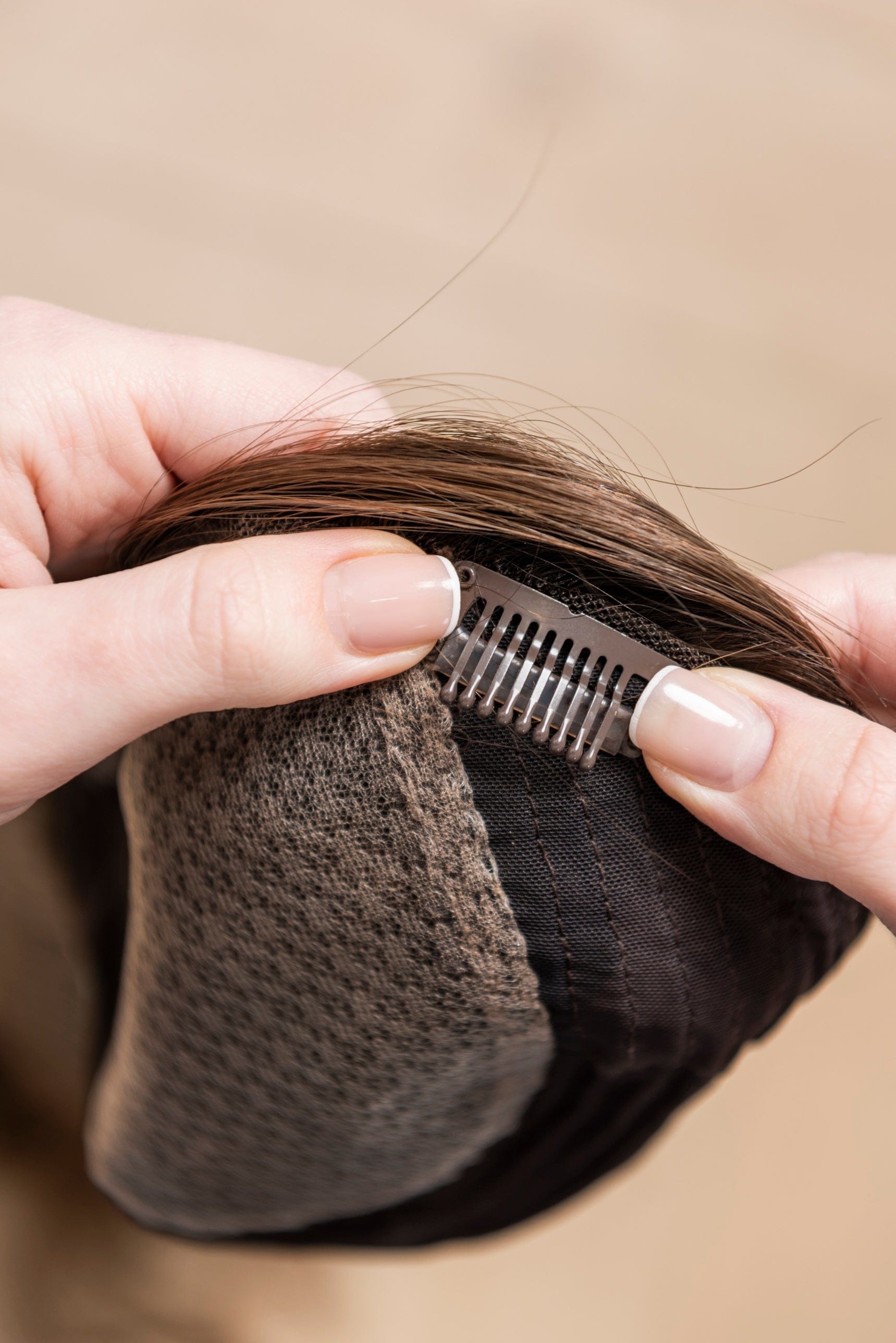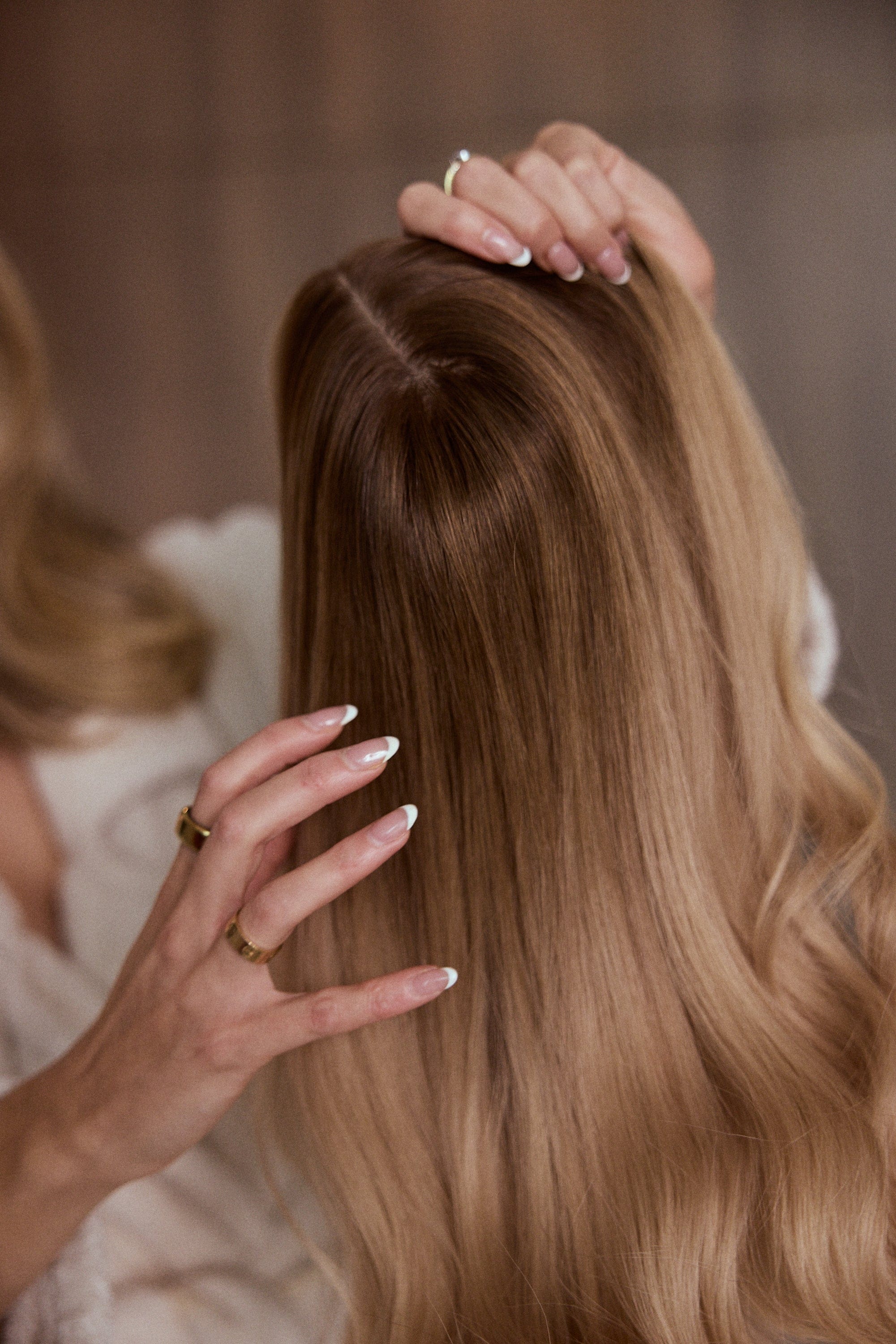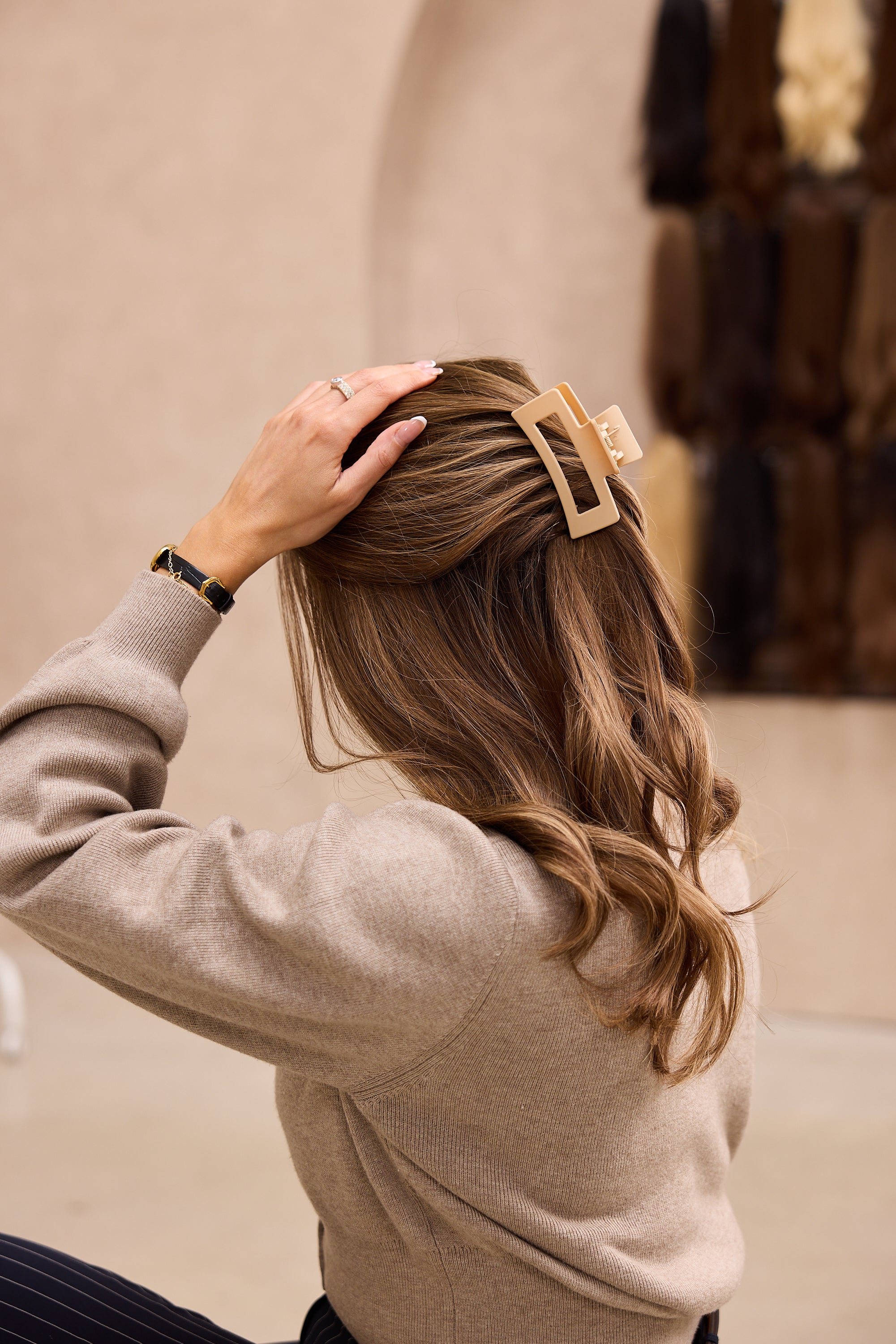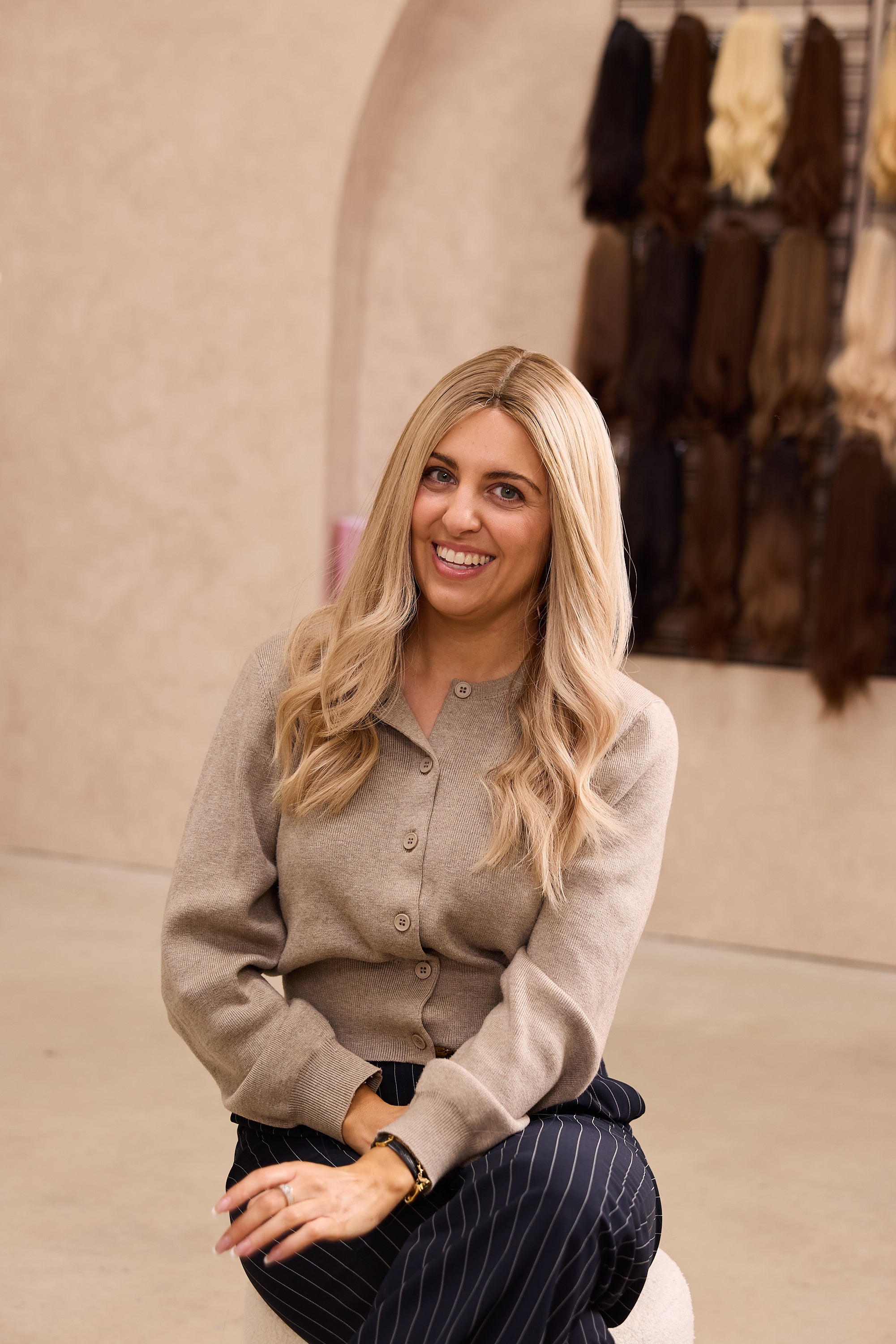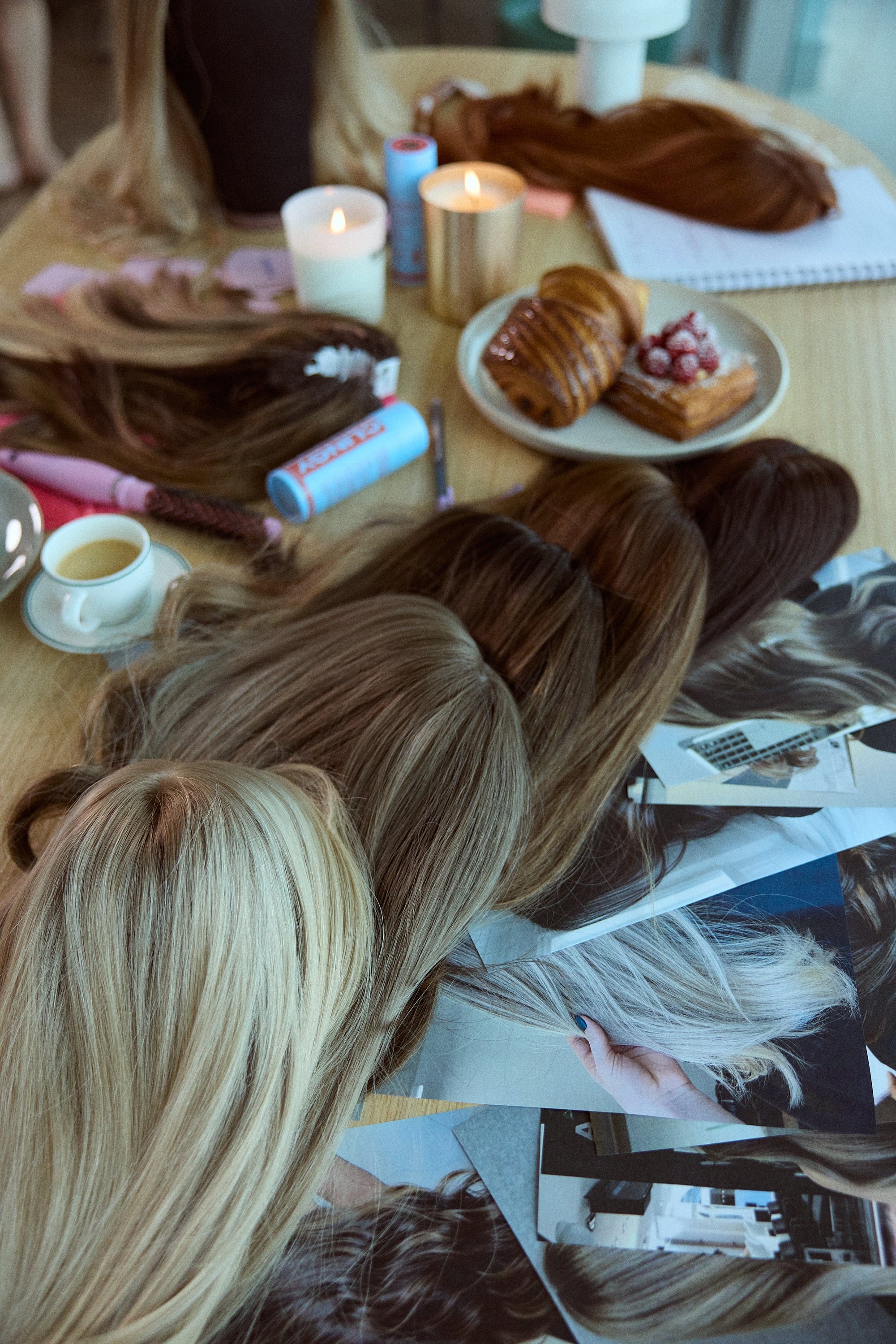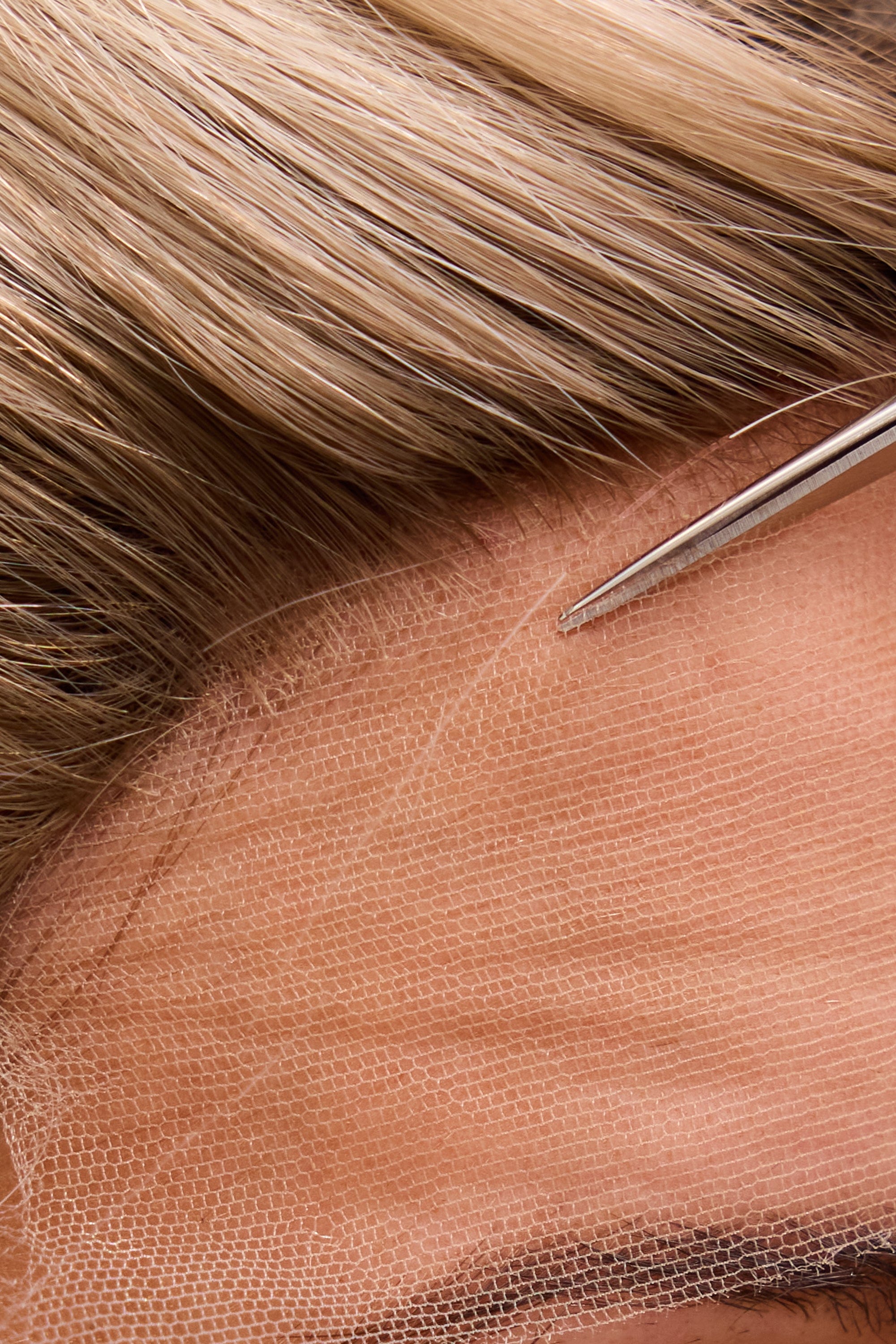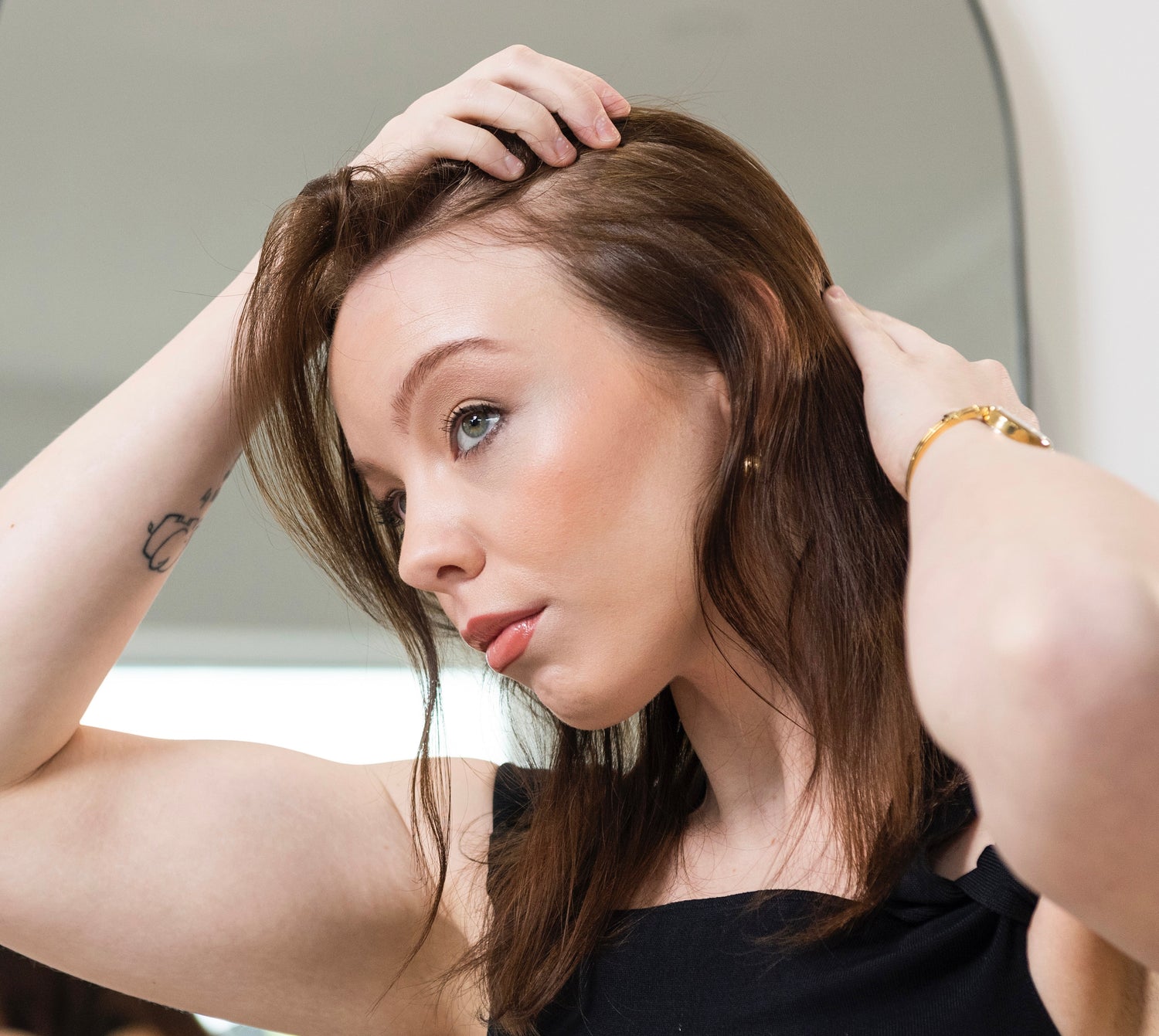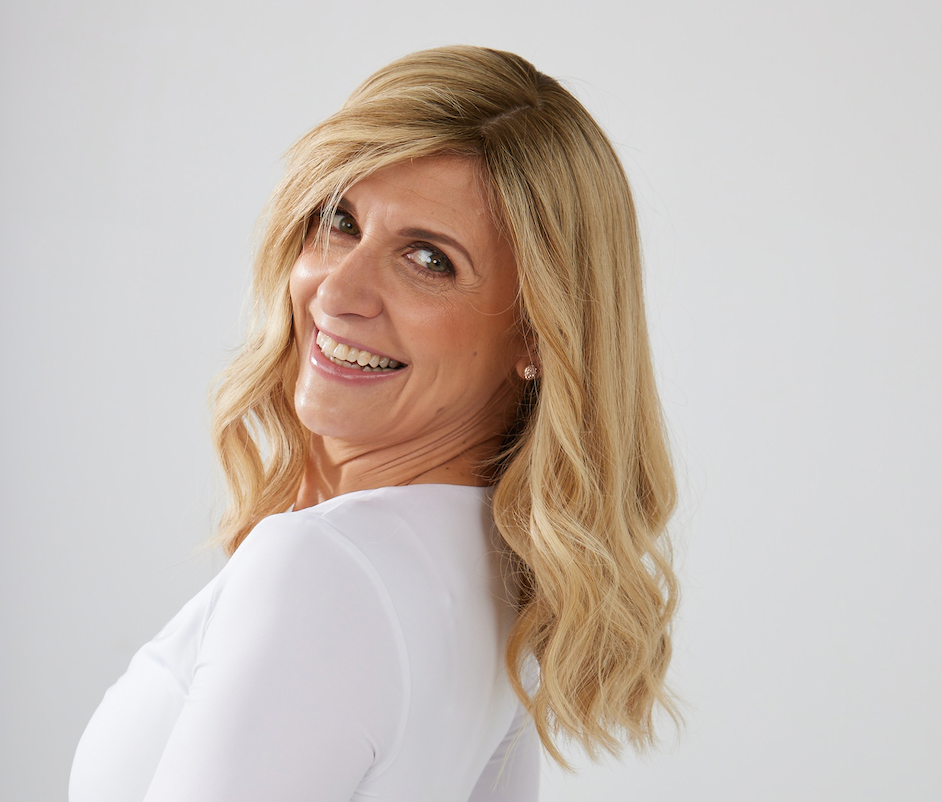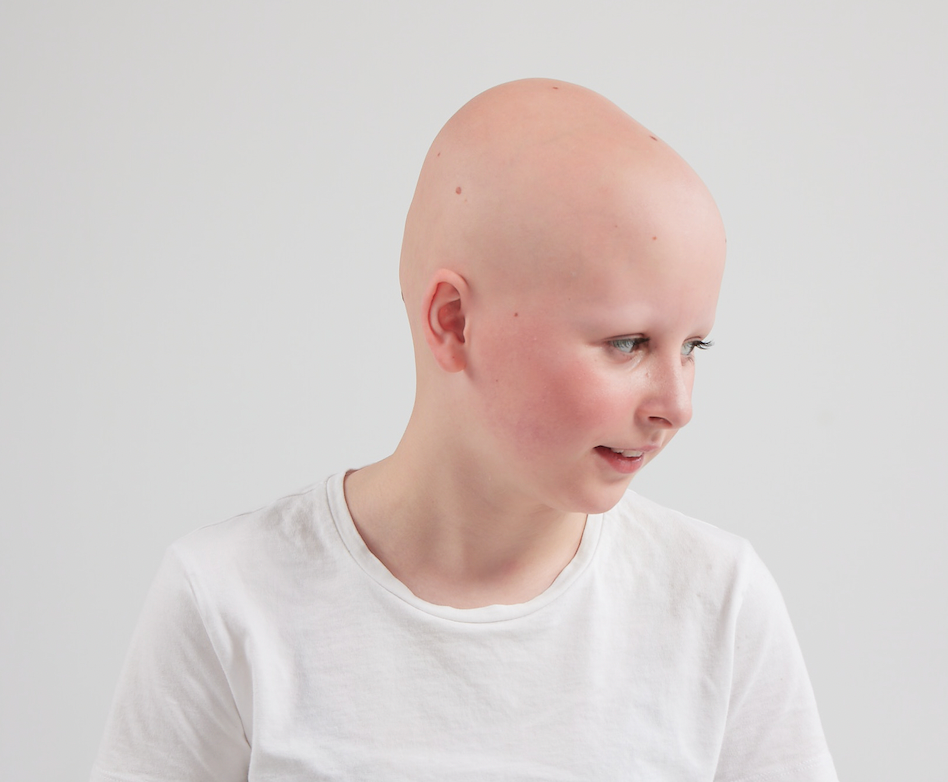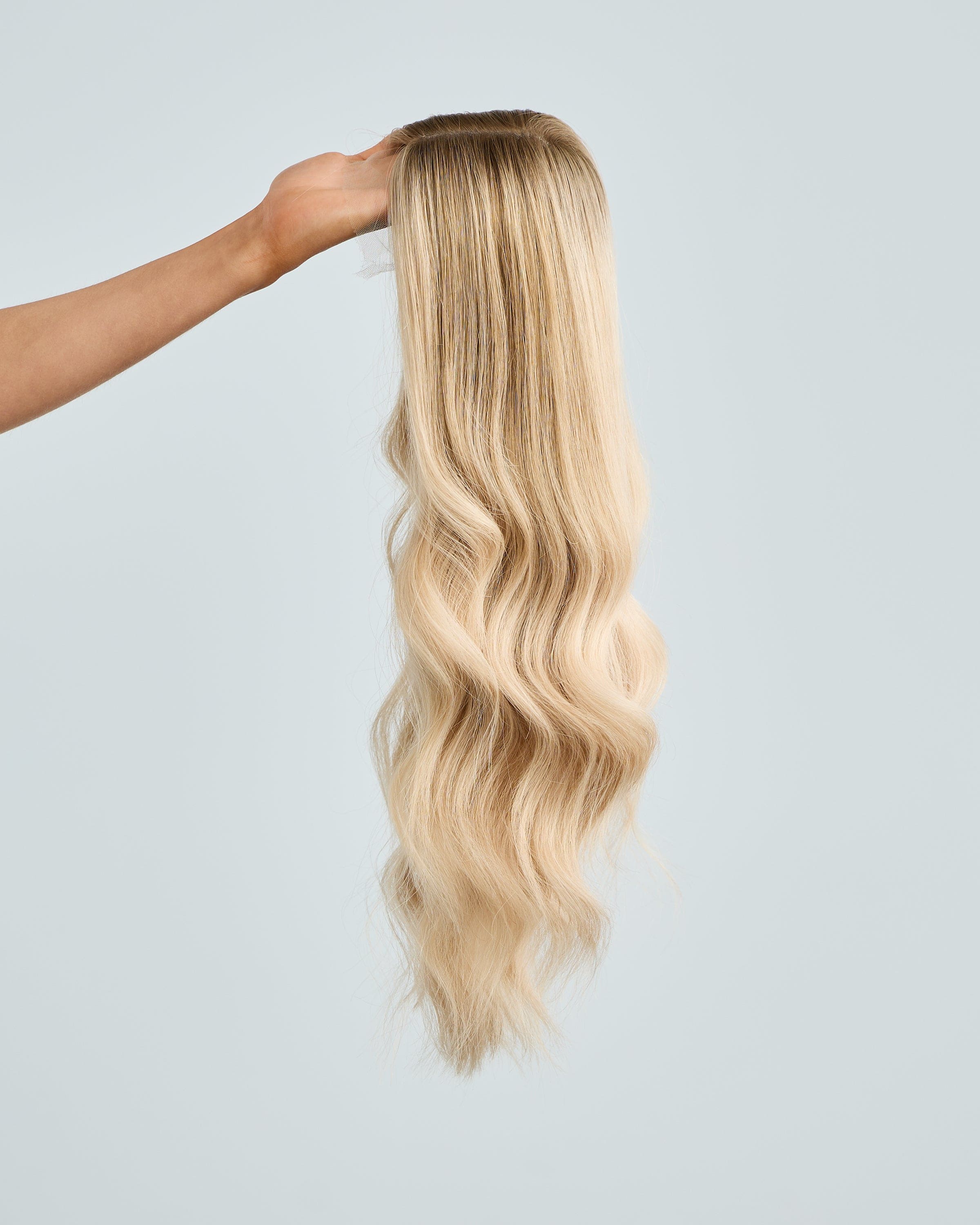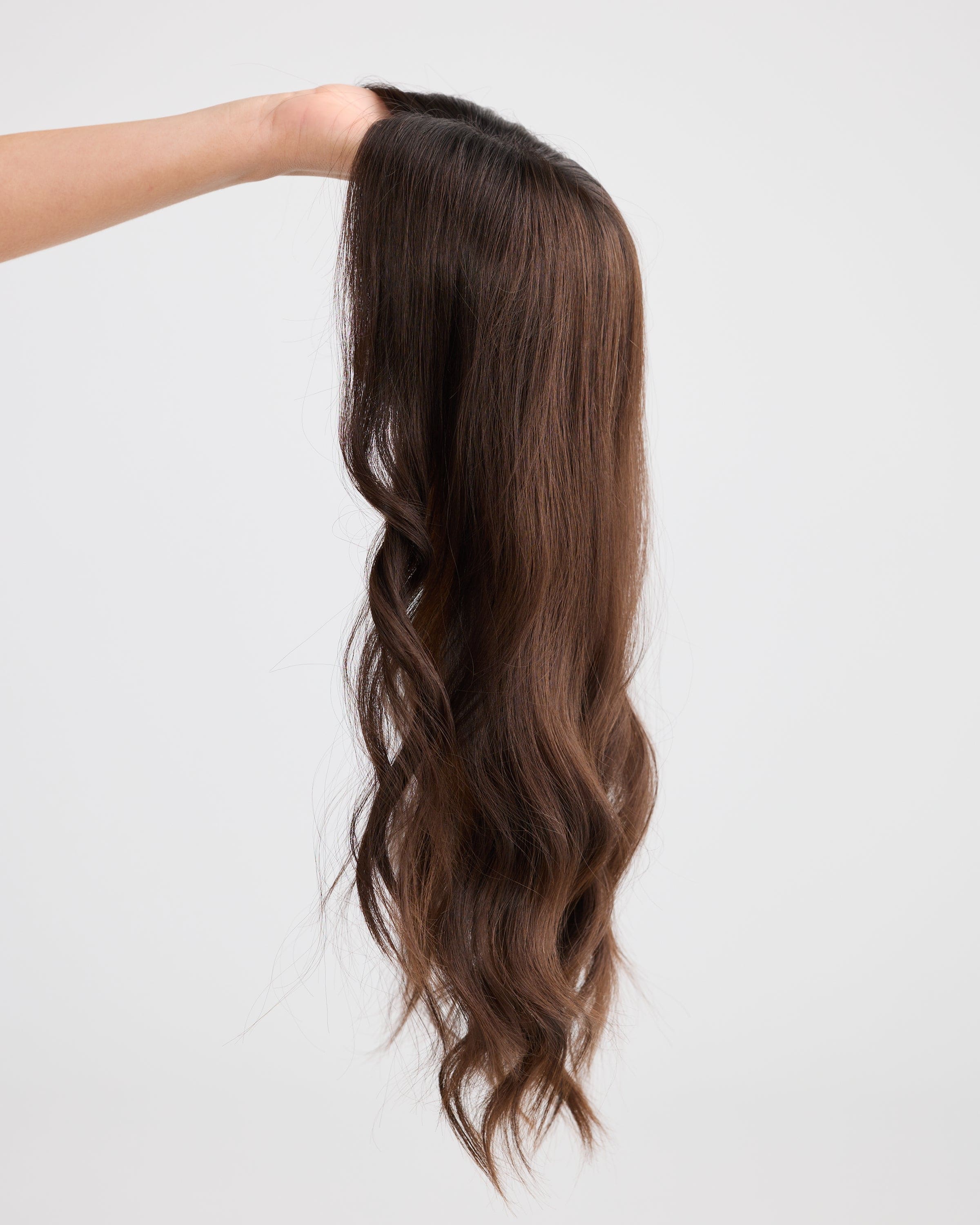When I started losing my hair at 19 years old, the first thing I wanted to know why. Why was I losing my hair? What was causing it? There's a lot of potential causes to explore, and for most people checking their vitamin levels is the first step.
We all know that vitamins are essential for our health and well-being, but some vitamin deficiencies can also lead to hair loss. Here are the most common vitamin deficiencies that can cause hair loss:
- Vitamin D
Vitamin D, aka the "sunshine vitamin" because our bodies produce it when our skin is exposed to sunlight. Unfortunately, many of us don't get enough sun exposure, especially if you live in an area which has longer winters. Lack of sunlight can often lead to a vitamin D deficiency, which has been linked to hair loss.
Research shows that vitamin D plays a big role in hair follicle growth and development. And if you don't get enough of it, you might end up with thinning hair and even bald patches. To make sure you're getting enough vitamin D, try to spending time outdoors each day, eat foods like fatty fish, egg yolks, and cereals, and chat to your doctor about supplements you might need to take.
- Vitamin B12
Vitamin B12 is an essential vitamin to keep your red blood cells healthy. Red blood cells carry oxygen to the hair follicles. A deficiency in B12 might cause hair loss and even premature graying. If you're a vegetarian or vegan, you may be more at risk of a B12 deficiencies as B12 is mostly found in animal products.
If you're experiencing hair loss and suspect a B12 deficiency, talk to your doctor about getting tested. In the meantime, try incorporating more B12-rich foods into your diet, like fish, meat, dairy products, and cereals.
- Iron
Did you know that iron helps to carry oxygen to your hair follicles? An iron deficiency can lead to hair loss and hair thinning. Women are more at risk of iron deficiencies because of periods and pregnancies.
You can make sure you're getting enough iron, you can try eating more iron-rich foods, like lean meat, chicken, fish, beans, and cereals. Your doctor may also recommend an iron supplement if necessary.
- Vitamin C
Vitamin C is essential vitamin for collagen production. Collagen is what makes our hair grow healthy and strong. A deficiency can lead to brittle hair that breaks easily.
To ensure you're getting enough vitamin C, try eating more fruits and vegetables such as citrus fruits, strawberries, kiwi, bell peppers, and broccoli. A vitamin C supplement may also be helpful if you're not getting enough from your diet.
- Vitamin A
Vitamin A is super important for healthy skin and hair. However, too much vitamin A can actually lead to hair loss. This is more rare, but it can happen if you consume too much vitamin A from supplements or foods.
To ensure you're getting the right amount of vitamin A, stick to a balanced diet that includes plenty of fruits, vegetables, and lean protein.
So there you have it, – the top vitamin deficiencies that can cause hair loss. Remember, if you're experiencing hair loss, it's important to talk to your doctor to determine the cause. Vitamin deficiencies are just one of the many reasons you may be losing hair.




